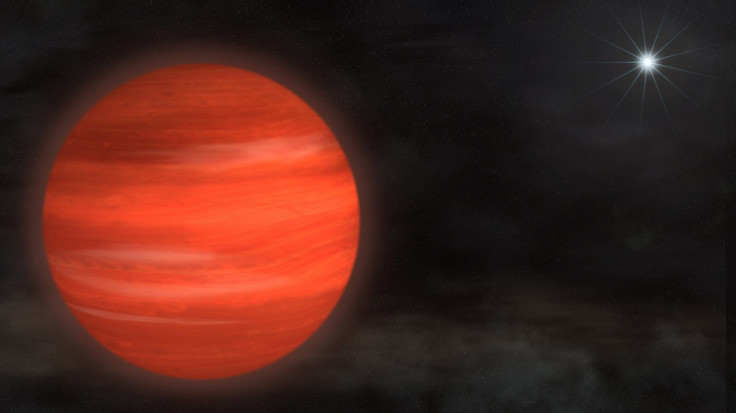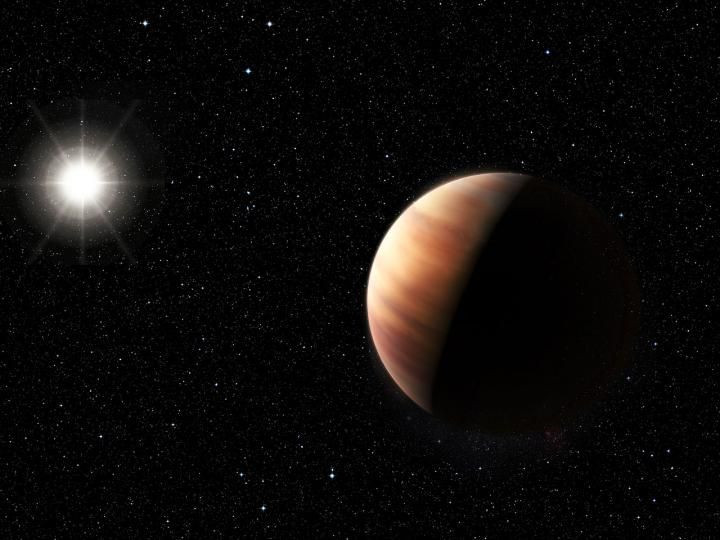Jupiter Look-Alike Discovered Orbiting Sun-Like Star; Could There Be An Earth Twin?

A group of researchers has discovered a Jupiter-like exoplanet, orbiting a star, which is similar to our sun. Scientists believe that the latest discovery is a significant milestone to finding a planetary system, which would mirror the solar system.
The presence of Jupiter and its gravitational influence on the solar system during its formation are considered to be responsible for shaping our planetary system and making it favorable for life to exist. Scientists, therefore, believe that the discovery of a Jupiter twin could one day lead to the finding of another Earth.
“The quest for an Earth 2.0, and for a complete Solar System 2.0, is one of the most exciting endeavors in astronomy,” Jorge Melendez, of the Universidade de São Paulo, Brazil, and the study’s co-author, said in a statement. The findings are described in a study, which is set to appear in the journal Astronomy and Astrophysics.
The exoplanet, orbiting a sun-like star, has a mass very similar to that of Jupiter. In addition, the distance between the exoplanet and its host star is almost exactly the same as that between Earth and the sun, the researchers said. The new discovery was made using the HARPS instrument, mounted on the European Southern Observatory’s (ESO) 3.6-meter telescope at the La Silla Observatory in Chile.

The planet's host star, called HIP 11915, is also similar in mass and composition to the sun and about the same age.
“After two decades of hunting for exoplanets, we are finally beginning to see long-period gas giant planets similar to those in our own Solar System,” Megan Bedell, from the University of Chicago and lead author of the study, said in the statement. “This discovery is, in every respect, an exciting sign that other solar systems may be out there waiting to be discovered.”
Although further observations will be required to support the new findings, researchers believe that HIP 11915 is one of the strongest candidates to support a planetary system, resembling our own.
© Copyright IBTimes 2025. All rights reserved.






















